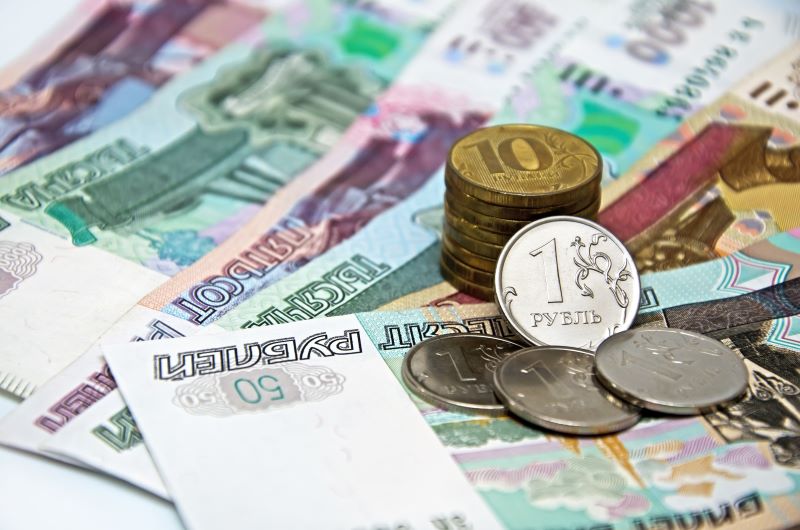As the war in Ukraine shakes the moral conscience of the world, the question is what the global community can do to help those suffering within the country and outside. One proposal, laid out in POLITICO on Tuesday, is to use the $650 billion worth of Russia’s Central Bank assets that have been frozen by sanctions to fund digital transfers of money directly to Ukrainians. While this could be technically possible, a lot of logistical and regulatory groundwork would be needed to make it happen. But given the enormous advances in digitally delivered government-to-people (G2P) transfers for COVID-19 social assistance over the last two years, the challenges are not insurmountable. If done well, it could also be a template for similar situations in other countries—notably Afghanistan, where the US is holding billions in frozen central bank assets while the country confronts a humanitarian crisis.
Ukraine starts off with some advantages. As of the time of publication, it has a recognized government which can legally receive international transfers through official channels. And as the POLITICO article notes, Ukraine has an established quasi-cash transfer for home heating and electricity, the Housing and Utilities Subsidy (HUS) that covers almost 7 million households, nearly half of the total population. The transfer is provided as a discount on utility bills and costs around 2.5 percent of GDP. Before the conflict began, the Ukrainian government had also tried to move to a full cash transfer in a designated financial account with the ultimate goal of creating a Guaranteed Minimum Income, similar to the UBI proposal…





